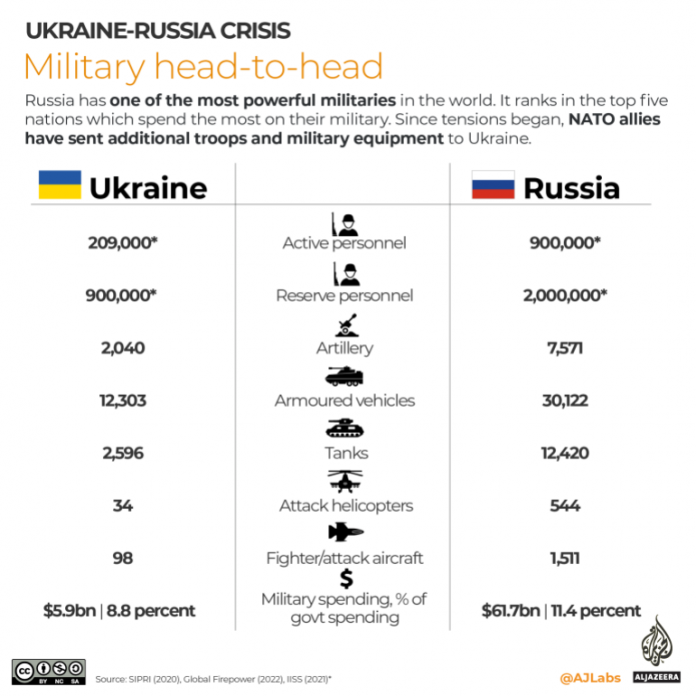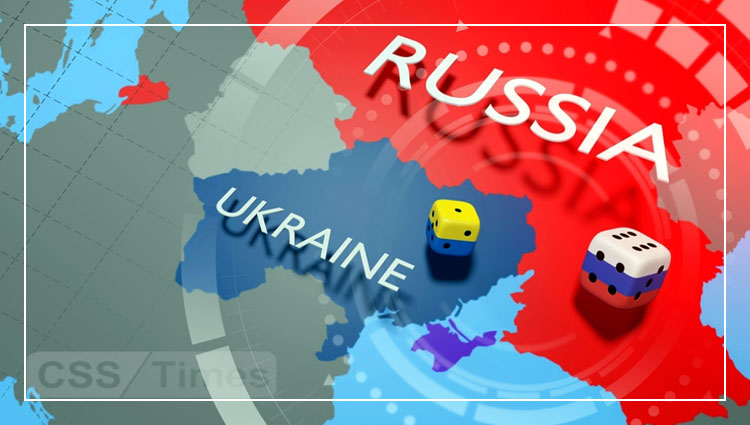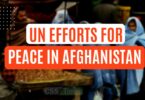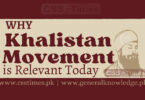“The main issue in contemporary world politics is whether to fight or not, fight against whom we know doesn’t have to be there.” – Nick Bilton
Since time immemorial, there has been conflicts between countries that share a border to each other. In some cases, fighting is quite evident and so is peace. Other times, it is still not clear whether to fight but for many reasons is it best to stop. The history of Russia Ukraine Conflict often takes place in Europe, especially between the two largest continents, the United States and Russia. It even can happen with smaller nations like India and Pakistan, who may also feel at the same time like they are neighbours from another continent. For instance, even though Greece and Spain were neighbors from the northern part of the Mediterranean Sea, they had their own differences on issues of independence. This was common before Rome came along, which then became Greece’s neighbor. However, during World War II, Britain invaded both Greece and Spain, which made them enemies. But the biggest enemy at the time was Germany, who had taken over the whole eastern part of France.
When Greece declared its independence in 1830, France started a war against Greece. Because Italy wanted Greek territory, the United Kingdom went back to war and won. Both sides were to pay an estimated $28 million in compensation. With that money, the United Kingdom established their power as a naval force and a state that had no taxation, or parliamentary representation. Great Britain was known for their strong fortresses that were built after WWII, including London Wall (Belfast). Unfortunately, because they didn’t work together, Greece didn’t get freedom from the British rule. In 1924, Greece and Belgium declared their independence at the Treaty of Versailles in Paris. Even though they did, Greece agreed that if they were attacked again, they would have to agree on a treaty between their prime minister King Constantine I and the French president Louis de Gaulle to allow their own troops to defend themselves. After years of negotiations, they finally reached a peace in 1947. They later got another war in 1958 where they fought against the Soviet Union. While that was going on, they were under pressure and became increasingly suspicious of each other. That, however, changed when Stalin took over the country in 1953, becoming dictator from 1917 to 1961.
In 1948, President Harry Truman offered help by sending American aircraft to support Greece during their civil war. He sent thousands of fighters and bombers to assist in the victory against communist regime. In addition, he sent supplies to Greece, which included tanks and ammunition. As much as they helped, they had lost large numbers of soldiers. When the allies could no longer hold it, and when communism overtook Greece, then, it led to a full-scale battle between NATO forces as well as Russia, where Greece and Russia were allied forces at the Battle of Berlin in 1945. However, because of the harsh conditions and lack of military capabilities in Greek and Russian forces, they were all sent home and the only thing left in their hands was death. In 1972, Greece and Albania broke away from the Warsaw Pact, a former group of EU nations, and declared their independence from the members of the organization. A year later, an agreement was signed that ended the war and created the European Economic Community, EEC or ECU. Since then, that has proven to be an important relationship and alliance between the two European Countries. With that being said, with countries such as Ireland and Northern Ireland having different problems in Europe, the idea of leaving the EU was questioned and even rejected.
There have been various relationships over the past few decades and most of these relationships, both positive and negative, originated from one country. Between 1950 and 1967, Ireland voted for separation from the EU, while the Irish people were fed up with living within the EU. Soon after, with massive riots occurring around Western Europe over the deaths of young men and women by police brutality, more and more people started to vote to leave the EU and form the Ireland United National Movement. By the 1990’s, these citizens were in favor of leaving the EU with a referendum on joining the EEC, but instead of joining them they chose to stay in the region, forming the Northern Ireland Assembly. From 1993 to 1994, the US and Poland came together to create what became known as NATO. And soon, after President Clinton’s Bill passed, the North called a “government in waiting”. A government in waiting is defined as an organized group of states that is willing to help develop and implement plans for governance in another country before it becomes a self-determined nation.
In 2008, Russia took Crimea, an area of Crimea, from Ukraine, and put it under their jurisdiction, and took control of it’s economy and security. This lead to the US and other western nations calling for sanctions against Russian officials, and even against Russian businessmen, because of what appeared as abuse of human rights. Just last April 2016, President Trump announced that the US will move forward with measures to use economic warfare against Russia. During his address to Congress, he accused Russia of being involved in terrorism and interfering in elections throughout European countries like France and Sweden. So, with all of those moves, in my opinion, the right thing happened. There was no threat of direct attack to the US or any other western countries because Russia was not involved directly. Therefore, the only reason to act was because you don’t want to do something that affects yourself, but when you do it you lose a lot of life. One of the problems in modern day Europe is when the leaders, the governments, are trying to solve problems while ignoring issues that affect others. My friend, I think you’re wrong and everyone on this planet agrees with me on this; however, I am not sure about your viewpoint because that’s why I’m telling you why I say so. Because we were very busy dealing with our issues that were happening in the Eastern Europe. We didn’t realize how bad things were happening in the East, or even just our economy. Nowadays, most of the countries that make up the EU, are struggling to deal with their own economies because of their own actions, actions, actions, actions and actions, actions that were done outside of the EU. If someone thinks that they don’t need help with anything, there are resources that can benefit you to get what you have needs, resources that are needed and can help you live the life you want to live.

Credit: Aljazeera
When I see all of the countries around the world struggling, how should one expect that something new will come into the picture? Well, the answer for us Europeans is that we should expect something better out of the situation because that’s what is supposed to happen in the future. Also, if you watch news and think, it’s just the beginning. The truth is that you may get a big crisis that leaves us with a scar but it does not mean that everything won’t change in another way or be better off for that matter. I believe, that the next step in the story was in 2015, when China took advantage of the financial crisis and began to grow their economy, while many economists have predicted that the recession would be extended due to Chinese actions or that it would go back in time and bring out different patterns. With all that being said, I am glad that we’ve reached this point and I hope that one day many other countries will follow the United States without hesitation, without bias. Although, you may be able to find flaws in the actions or beliefs of countries, or you may find areas of difference that will make things better or worse for one country or another. Nevertheless, it is very likely that no one else was the cause of the problem. You, as a citizen of a foreign land, who lives outside your borders, is never able to tell what is wrong or good so long as you know what is happening in my country.
Check more Notes for CSS/PMS
- Geography of Pakistan MCQs | Pakistan Studies/Affairs Notes (Set-I)
- CSS Essay | War on Terrorism is Contributing towards Growing Abuse of Human Rights (CSS 2015)
- Everything you need to know about China’s Belt and Road Forum
- The Relevance of INTERNATIONAL LAW in INTERNATIONAL RELATIONS
- Islamic Belief & Its Impact on Individual & Society and the Fundamental of Islam
- Genesis & Ideology Of Pakistan | Pakistan Affairs Notes
- Disarmament and Arms Control | CSS International Relations Notes
- World Famous Personalities Who Died In 2018
- English Idioms in Use | Download Complete Book in PDF
- Islamiat MCQs (CSS Past Papers 2005-2016) | PDF Notes for CSS







